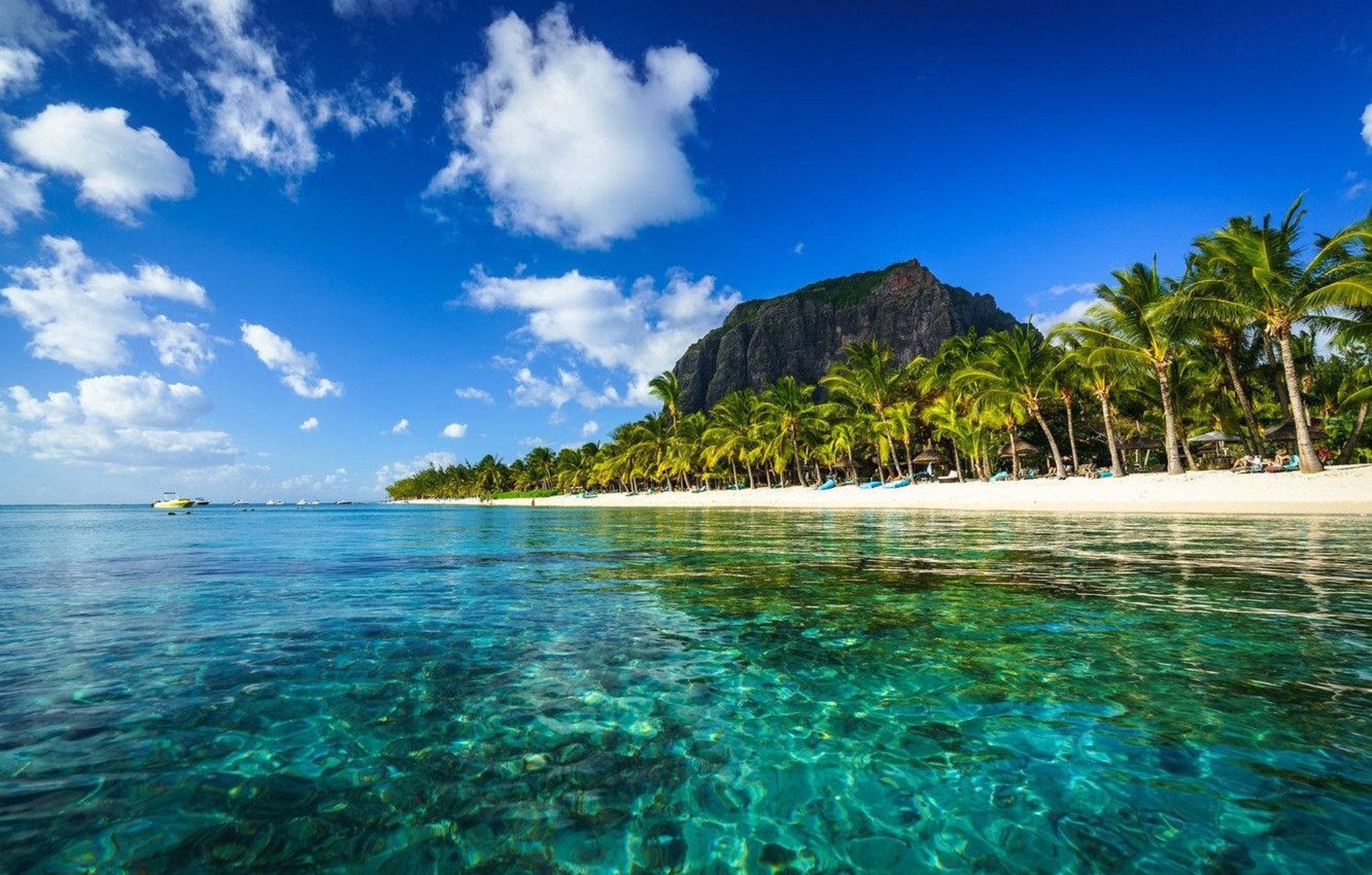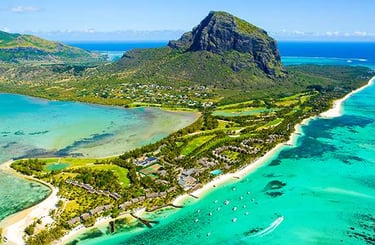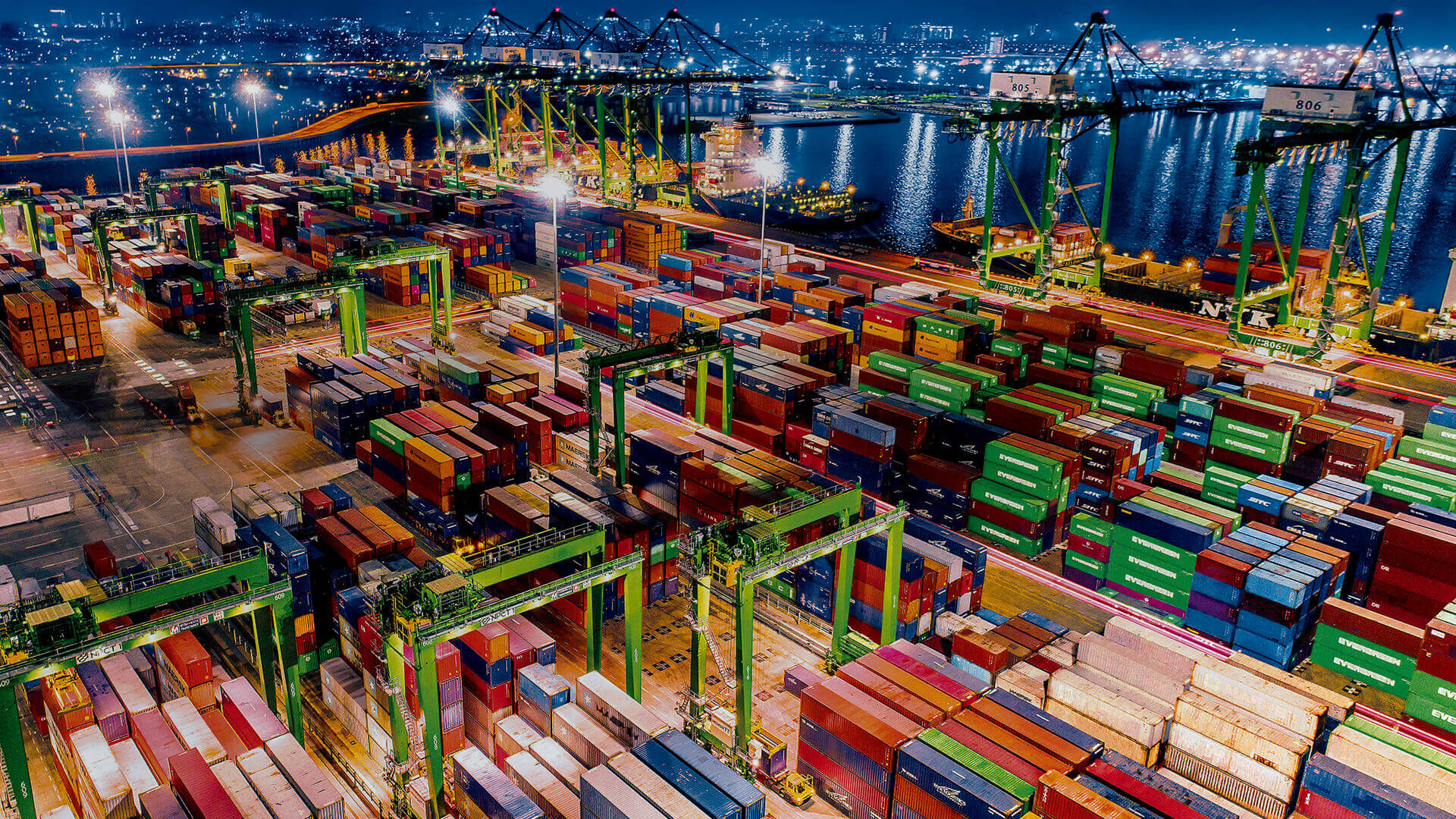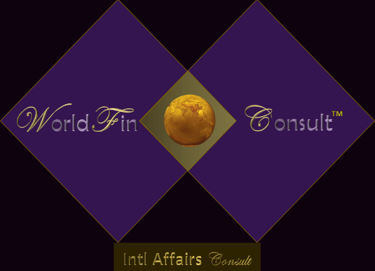
About Mauritius
The Republic of Mauritius is an island nation in the Indian Ocean, located about 2,000 kilometers (1,200 miles) off the southeast coast of Africa. It is known for its stunning beaches, lush landscapes, rich cultural heritage, and vibrant history.
Mauritius is celebrated as a multicultural paradise with a harmonious blend of traditions, cuisines, and natural splendor, making it a top travel destination.
Mauritius
History
Early Visits
Uninhabited until the 10th century when Arab and Malay sailors arrived. Later visited by the Portuguese in the 16th century.
Colonisation
1) Dutch (1598–1710): Introduced sugarcane and animals but abandoned the island.
2) French (1715–1810): Developed the island and renamed it "Île de France."
3) British (1810–1968):
Retained sugarcane cultivation and abolished slavery in 1835.
Independence
Achieved on March 12, 1968, becoming a republic within the Commonwealth in 1992.


Economy
Capital
Port Louis, the largest city and economic hub.
Initially based on sugarcane, the economy has diversified into:
Tourism
Known for luxury resorts, diving, and natural beauty.
Textiles
A significant export sector, amongst the top 5 textiles products exporter in the world.
Financial Services
Emerging as a financial hub in the region and Africa through SPV (Special Purpose Vehicles)
Information Technology & BPO
A growing sector with a bright future due to its high-tech infrastructure.







Offshore Jurisdiction
Mauritius is a popular offshore jurisdiction, especially for international business and investment activities. It is known for offering a favorable regulatory environment, tax benefits, and strategic location for businesses looking to access both African and Asian markets. Below are some key aspects of Mauritius as an offshore jurisdiction.
Key Features of Mauritius Offshore Jurisdiction
2. Legal Framework
i) Mauritius has a stable and reliable legal system based on both French civil law and British common law.
ii) The Financial Services Commission (FSC) regulates offshore activities, ensuring a secure and transparent business environment.
1. Tax Benefits
i) Mauritius offers a low corporate tax rate (15%), with further opportunities to reduce effective tax rates through various incentives such as tax credits.
ii) The country has signed double tax treaties (DTTs) with over 40 countries, which can help businesses avoid double taxation.
iii) The Global Business Company (GBC) is a key structure for offshore companies, and businesses with GBLs are often exempt from tax on foreign income.
3. Asset Protection
i) Mauritius offers strong legal frameworks for asset protection and confidentiality, including privacy for shareholders and directors.
ii) It has provisions for holding assets through various structures like trusts and foundations.
4. Ease of Business Set Up
i) Setting up a company in Mauritius is relatively simple and quick. The process can be completed within a few days.
ii) There is no requirement for a local shareholder or director, making it an attractive option for foreign investors.
5. Corporate Structures
i) Companies in Mauritius can be established under different structures, such as a Global Business Company (GBC), Special Purpose Company (SPC), Authorised Company, Trust, Foundation and more.
ii) GBC can engage in local and international business activities while benefiting from tax incentives and confidentiality provisions.
iii) Authorised Company can engaged in international business activites only and is a zero percent (0%) tax company.
6. Access to African and Asian Markets
Mauritius serves as a gateway for investment into both the African and Asian markets. Its strategic location in the Indian Ocean provides easy access to neighboring regions, making it an attractive base for international businesses.
7. Reputation
Mauritius has a good reputation in international business and finance, maintaining compliance with global standards like the OECD and FATF (Financial Action Task Force).

Popular Uses of Mauritius Offshore Structures
4. Intellectual Property (IP)
Companies may also use Mauritius for managing their intellectual property, benefiting from tax treaties and protection laws.
Mauritius has proven to be a reliable and attractive jurisdiction for international businesses seeking a secure, tax-efficient environment. However, as always, it is essential to consult with local legal and tax experts before setting up any offshore business structure to ensure compliance and maximum benefit.
1. International Trading
For businesses involved in cross-border trading, Mauritius provides an efficient tax environment.
2. Holding Companies
Many multinational corporations establish holding companies in Mauritius due to its favorable tax treaties and low tax rates.
3. Investment Funds
Mauritius has become a popular jurisdiction for establishing investment funds, especially private equity and hedge funds.

Freeport/Freezone License of Mauritius
What is a Freeport Company in Mauritius?
A Freeport Company in Mauritius is a business entity licensed to operate within designated Freeport zones. These zones function as duty-free logistics, warehousing, and value-added processing hubs designed to promote export-oriented trade.
Key Facts
*No.1 in Africa.
*Top 7 Worldwide.
*Total Area of Land Declared for Freeport: 80Ha.
*Land Freeport infrastructure: 550,000 m2.
*Location of Freeport Zones: Vicinity of the Port and the Airport, Riche Terre Business & Industrial Park and Jin Fei.
*Total Trade (Volume): 262,474 Tons.
*Total Trade (Value): MUR 36.7 M.
*Employment: 5,500.
Key Facilities Available
Freeport companies can operate within purpose-built zones which offer:
*Warehousing & Cold Storage.
*Processing & Packaging Units.
*Assembly & Manufacturing Facilities.
*IT-enabled and Back-Office Services.
*Logistics Platforms & Container Freight Stations.
*Customs Clearance Services Onsite.
*Access to Port Louis Harbor and SSR International Airport.
*Mer Rouge (Port Louis).
*SSR International Airport (Plaine Magnien).
*Riche Terre.
*Jinfei Zone (Terre Rouge).
Major Freeport Zones
Permitted Activities
Freeport companies may engage in:
* Warehousing and storage.
* Breaking bulk and repackaging.
* Labelling and assembling goods.
* Minor processing (e.g., cleaning, testing, finishing).
* Transshipment.
* Exporting and re-exporting.
* Light manufacturing for export markets.
* ICT and BPO operations (in some zones).
Uses of a Freeport Company
*Regional distribution hub for Africa and Indian Ocean markets.
*Base for re-exportation to Asia, Europe and Africa.
*Value-added activities like packaging, labeling, and minor processing.
*E-commerce logistics and fulfillment.
*Inventory management for international suppliers.
Advantages of Freeport Company in Mauritius
1. Tax Incentives
i) 3% Corporate Tax on Freeport activities.
ii) No Customs Duties on goods stored or processed.
iii) No VAT on goods and services within Freeport zones.
iv) No Import/Export Levy.
2. Strategic Location
i) Positioned between Africa, Asia, and Europe.
ii) Convenient time zone overlap with key global markets.
3. Modern Infrastructure
i) Proximity to deep-sea ports and international airport.
ii) Advanced logistics and telecom infrastructure.
4. Investor-Friendly Environment
i) Fast-track licensing via the EDB.
ii) 100% foreign ownership allowed.
iii) Political and economic stability.
5. Efficient Logistics Chain
i) Integrated customs and clearance facilities.
ii) Partnerships with major shipping and freight forwarding companies.
Taxes Applicable
i) Corporate Income Tax: 3% (if Freeport activities only).
ii) Customs Duties & VAT: Exempt within the Freeport.
iii) Registration Duties: May apply on property transactions or leases.
iv) Outside Freeport Activities: Normal taxes may apply (15% corporate tax if outside Freeport scope, i.e. exporting goods to Mauritius).
Logistics and Trade Advantages
i) Seamless customs procedures.
ii) Fast and efficient import/export turnover.
iii) Access to preferential trade agreements (e.g., COMESA, SADC, EU).
iv) Partnerships with global freight forwarders.
v) Availability of bonded warehouses.
Setting Up a Freeport Company
1. Incorporate a company (can be Domestic or Global Business Company type).
2. Apply for Freeport license.
3. Lease space in Freeport zone or build your own (with authority approval).
4. Start operations post inspection and licensing.
Conclusion
A Freeport Company in Mauritius offers a highly attractive platform for regional and international trade, supported by favorable tax regimes, modern infrastructure, and strategic geographic location. It’s ideal for businesses in distribution, logistics, light processing, and re-exportation targeting African, Asian and European markets.


All Rights Reserved © 2025
Address
44, Boulevard Victoria Avenue,
Port-Louis, 11403, Mauritius
Contacts
Tel 1: (+230) 5444 6695
Tel 2: (+230) 5780 2621
Email: info@worldfinconsult.com
AAll Rights Reserved © 2025
Quick Links




